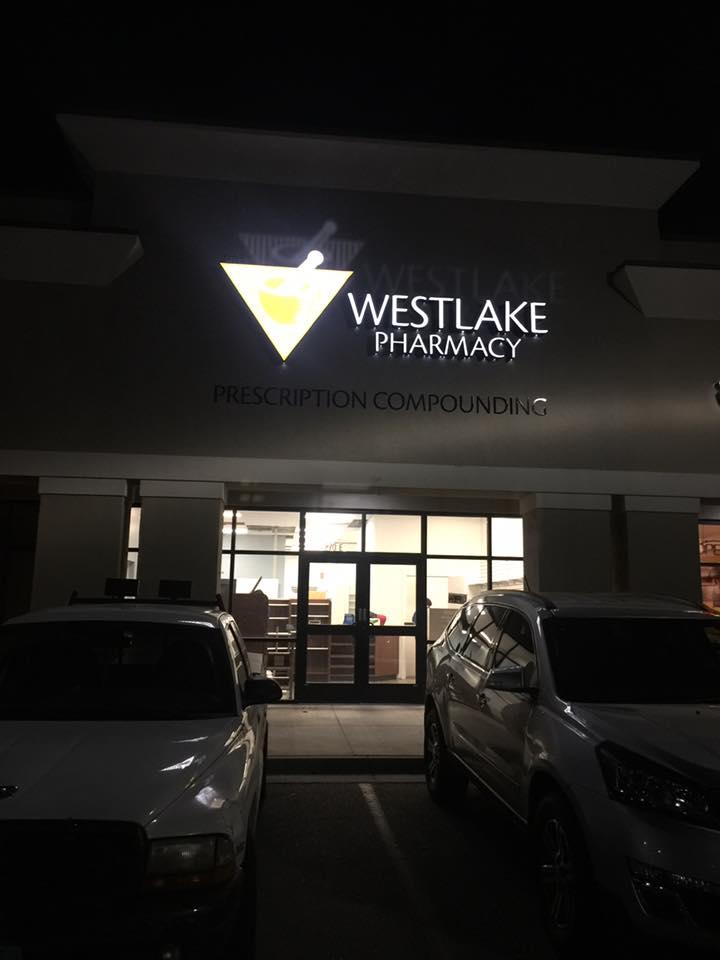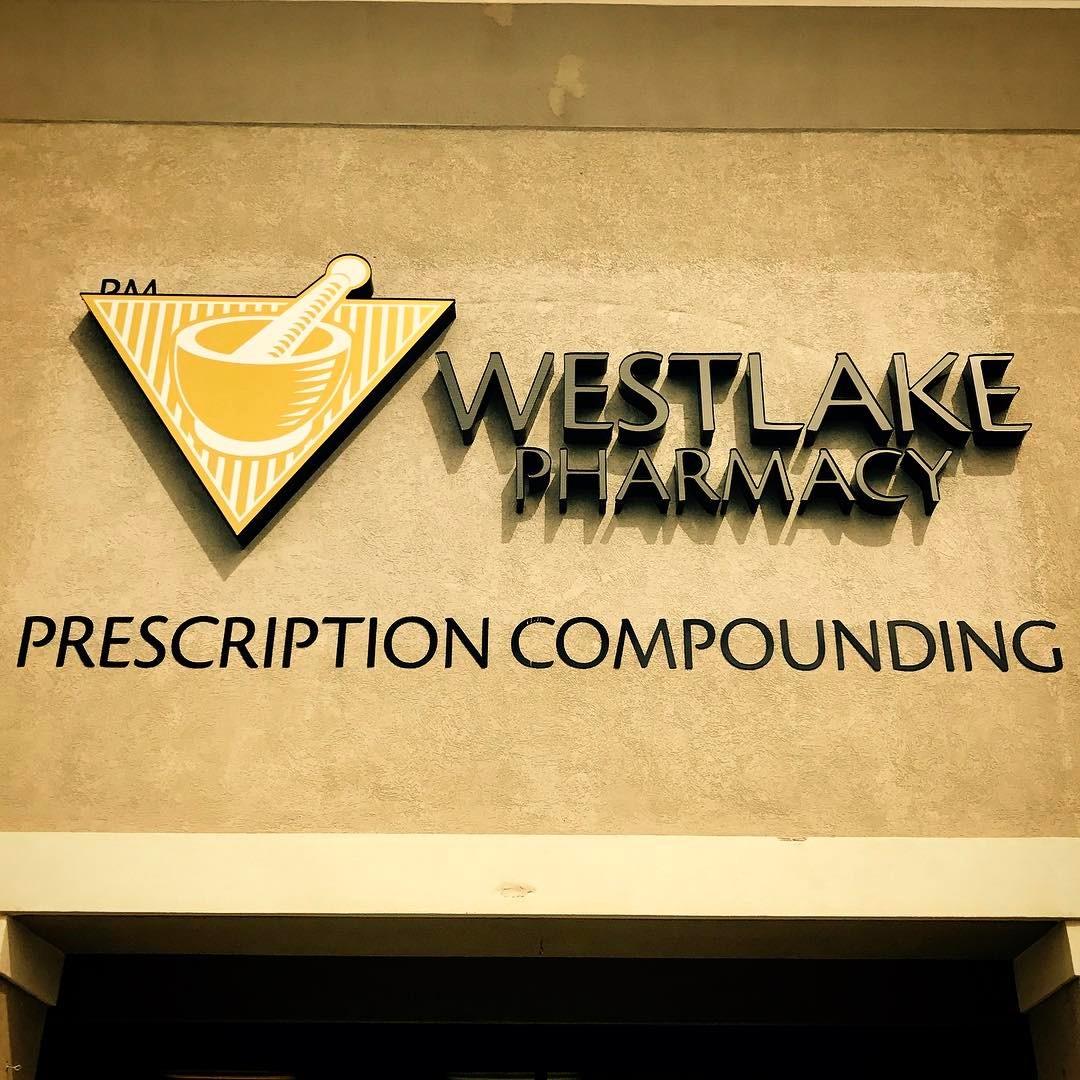A letter to the FDA and Utah Representatives:
At a time when we are trying to do ply our expertise to provide personalized and customized healthcare alternatives to our patients, we again sense the cloud of government regulation, with its specter of 'Big Brother knows best' - a one-size-fits-all approach that seeks to decrease (if not remove) the intimate service (in the true sense of the word) -based model of patient care with a proscribed, broad-based, remote, inefficient, expensive, non-care model. Please consider the following observations.
The National Academies of Sciences, Engineering, and Medicine is currently reviewing the clinical utility of treating patients with compounded bioidentical hormones. This is because the FDA has accepted nominations to its "Difficult to Compound" (DDC) list, which is supposed to identify drugs that cannot safely be compounded because of their complexity. Included on this list are certain kinds of safe, bioidentical hormones such as progesterone (including progesterone with estradiol), and estriol.
This is extremely disconcerting. A review of the clinical literature concluded that bioidentical hormones are associated with lower risks, including the risk of breast cancer and cardiovascular disease, and are more effective than synthetic or animal-derived hormones.
A recent report issued by NASEM concerning compounded pain creams also seems to indicate that NASEM members do not understand the purpose of compounding. The report concluded that: "There is limited evidence to support the use of compounded topical pain creams to treat pain conditions in the general adult population. The few APIs [active pharmaceutical ingredients] that show potential effectiveness in compounded topical pain creams...are already available in FDA-approved topical products used to treat pain."
The existence of FDA-approved versions of medicines used by compounding pharmacies is not relevant to the need for compounded medications. Compounding pharmacies make customized, natural medicines for patients for whom it is difficult to swallow a pill (the elderly, children, and patients with disabilities, for example), as well as for patients with allergies, sensitivities to environmental contaminants and preservatives, or who require doses or delivery systems different than those of commercially available products.
The whole point is that many patients, for a variety of reasons, cannot take FDA-approved versions of a medicine, so they need access to different versions of those medicines from compounding pharmacies to stay healthy.
I went into healthcare in order to use my strengths to interact with patients and their prescribers to find the best outcomes for each individual. It is frustrating to constantly struggle with the endless minutiae regulations produced by some who (although well-meaning) in most cases do not have experience in anything but producing red tape. I suppose those people would like us to conform to some universal rule that ensures 100% effectiveness with 0% risk. These sorts of leanings by the FDA and NASEM threaten to remove critical 'tools' required to provide critical individual care.
I have had countless experiences of patients for whom our efforts (in designing and producing custom pain or hormone preparations in concert with their prescribers) have resulted in symptomatic relief which they could not have received with commercially available products. Individuals. Relief. Local. Doable. Let me share a note I received from a palliative care provider two days ago, regarding a patient suffering with cancer:
"Just wanted to pass along a patient experience. The patient I spoke with you about most recently has called me twice since she received her compounded cream from you - both times with tears of gratitude. She said this is the first time in 18 months her pain has been manageable and she's been able to get rid of her other pain meds and is much more functional. Just thought I'd share and thank you for helping my patients."
Compounded hormones are used by millions of women to manage menopause or fertility changes. Pharmacies can make hormone medications that are tailored to a patient's individual needs, as determined by a doctor. Compounded bioidentical hormones have been used safely for decades; there is no reason for the FDA or its Pharmacy Compounding Advisory Committee (PCAC) to eliminate consumer access to these medications--particularly estriol, for which there is no commercially available drug.
Please take the necessary actions to ensure that patient access to compounded bioidentical hormones and other custom compounded medications is protected
We're open on Saturdays, now, from 9-1!!
MESSENGER
Westlake Pharmacy updated their business hours.
Today's update from the CDC.
CDC.GOV
2019 Novel Coronavirus (2019-nCoV)
Some limited studies suggest what we've already suspected....
HEALTH.HARVARD.EDU
What are ultra-processed foods and are they bad for our health? - Harvard Health Blog
At Westlake Pharmacy, pharmacists and technicians work with your prescriber to offset some of the hardships faced with national commercial drug shortages.
MEDSCAPE.COM
The Hidden Costs of Drug Shortages Go Beyond Patient Harm
Important information if you're taking "zzzzzz" drugs
MEDSCAPE.COM
FDA Adds Boxed Warning to Insomnia Drugs




